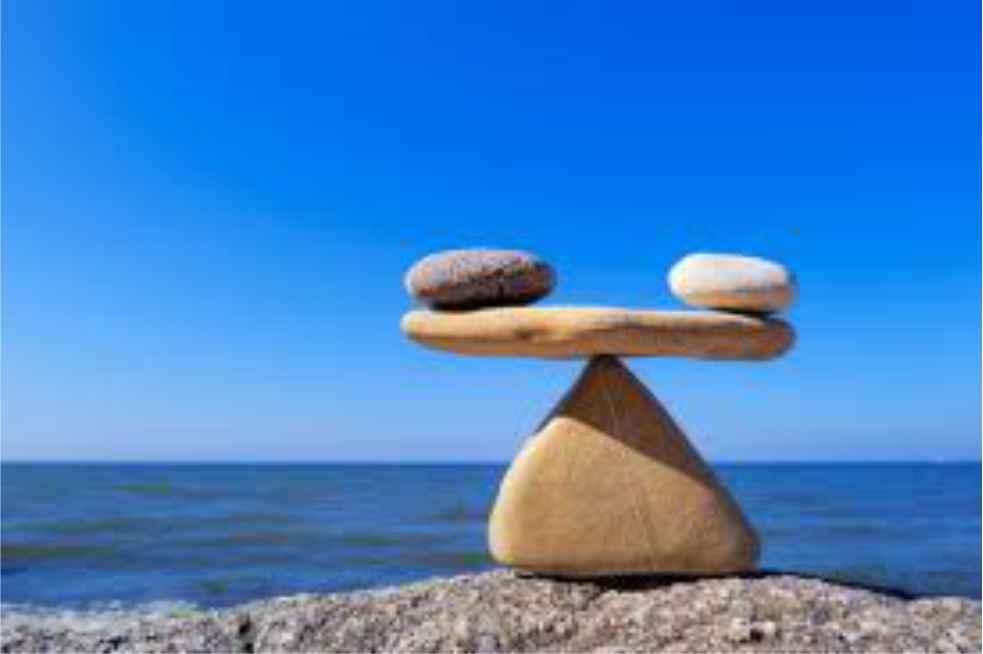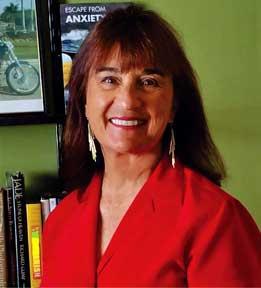 George was on his way home, slowly approaching his street. He was returning from a well-received concert and his van carried his performance equipment. As he was about to turn the corner in his quiet neighborhood, a pickup truck suddenly sped into view heading directly towards him. George applied his brakes to avoid collision, but he was too late. One minute, all was cruising beautifully in his life and the next, an exhausted driver who fell asleep with his foot on the accelerator ripped through George’s path at 60mph and changed his course. George’s van crumpled, his equipment destroyed, and his body suffered severe whiplash. George was already struggling financially and could not afford the impact of this on his livelihood. This was a huge set back. Or was it?
George was on his way home, slowly approaching his street. He was returning from a well-received concert and his van carried his performance equipment. As he was about to turn the corner in his quiet neighborhood, a pickup truck suddenly sped into view heading directly towards him. George applied his brakes to avoid collision, but he was too late. One minute, all was cruising beautifully in his life and the next, an exhausted driver who fell asleep with his foot on the accelerator ripped through George’s path at 60mph and changed his course. George’s van crumpled, his equipment destroyed, and his body suffered severe whiplash. George was already struggling financially and could not afford the impact of this on his livelihood. This was a huge set back. Or was it?
Admittedly, it is surprising to witness our paths loaded with many unexpected twists and turns. In a millisecond, we're hurled into the unforeseen. We get a crushing diagnosis of cancer, get fired from our job or we enter a new relationship or have a baby. Sometimes, like a road under construction, we see a few advance signs warning us of shifts in the highway ahead but these changes are not truly visible until we drive further. It is ever humbling to progress through these occurrences as the reality we enter often changes our thoughts about the road and about what we value in life.
At the end of the day, I believe we learn and develop the most from adversity. When we feel good, we get into a groove and are content to stay there. We get comfortable and myopic. It can undermine our motivation to explore or improve because we just don’t want to hit that inevitable large bump in the roadway that’ll shake us up again. Of course, slumbering comfortably within that “good” condition, getting stuck and complacent, can cause other imbalances.
So here are my thoughts about balance:
1.We judge events as "bad" and yet they may happen to shake us out of ruts where we're not recognizing our own potential. Regularly consider: what can I be doing in my life to contribute positively to my world? These mega shifts awaken you. So instead of wallowing or reacting with questions of “why is this happening to me?” instead, ask yourself “what am I supposed to learn from this?” Doing so will empower you.
2. In truth, there is no good or bad. Because of our human evolution and belief systems, we assign value to experiences and we label them positive or negative. But they're neither. They are what they are. But we interpret them as pleasurable or painful. Ironically some pain is “good.” Think of hunger pangs, childbirth!
We’re part of nature and there is an energetic flow to our path that we cannot see. In challenging moments, we must be present and surrender to that flow in order to move forward and discover more. For instance, let’s say it’s a blistering hot summer’s day and our air conditioner breaks down. The temperature indoors is rivaling the outdoor heat wave. What happens? We get uncomfortably hot. We’re angry at the damn air conditioner for not working. We’re worried that we can’t afford to fix it. And we spin ourselves into a frazzle. Instead, if we remain neutrally present with what is, we open to new possibilities. Perhaps we end up having to replace the AC unit which is an unwelcome expense but then we discover the new one has a phenomenal air filter (improving our health) and is so much more efficient that we’re spending less money on electricity. In the replacement process, as we chat with the installer in our driveway, we meet a neighbor we’d never noticed before. In time, the neighbor becomes a good friend and turns out to be one of the best handymen and saves us oodles of money on subsequent home repairs. So now consider if the breakdown of the AC was good or bad.
3. In our humanness, we have emotional responses to situations. Emotions trigger our biology and can release feel-good hormones or stressful ones. Chronic stress can lead us to feel jittery, tense, irritated, depressed and just plain miserable. Ironically however, even too much of a good thing can become bad in terms of the toll it takes on the body. For instance, you fall in love and suddenly you can’t eat or sleep. You begin to suffer symptoms akin to chronic stress like having headaches or indigestion; you can’t focus or make good decisions, etc. So the more mindful you can become of your emotional states, the more you can begin to release any struggles and develop balance. Calm yourself by taking a few slow, deep breaths which signals your nervous system to quiet down.
4. Clearly there’s a spiritual component to consider. We're part of something grander than ourselves. Whether we accept God or universal cosmic energies, we are interconnected and not in control. Life is a journey and, in fact, I believe our souls move through many lifetimes. (Brian L. Weiss’ book Many Lives, Many Masters is a wonderful exploration of this.) So if we are part of the divine and our soul travels through many bodies, we are gathering karmic experiences and balancing our lives all along the way. Therefore, each event resonates with our soul. To transcend more effortlessly with less emotion, we are best served by becoming the observer, filled with wonder and awe.
George learned to move forward and count on friends, which was a vulnerability he had never allowed himself. He had always generously helped others but had never asked for anything. He is now buoyed by the outpouring of love and support from people he never even knew would be willing to offer assistance. He has witnessed a whole new world of friendships and is heartened and inspired.
Ultimately, good and bad events are impersonal and provide learning experiences. They are just a function of life's adventures and increase our understandings and acceptance levels so we grow and evolve. I'd like to think they propel us on our pathway to enlightenment! So onward we travel! What do you believe? Email me your thoughts. Peggy@PeggySealfon.com
/PS_Heather_V1.gif)
